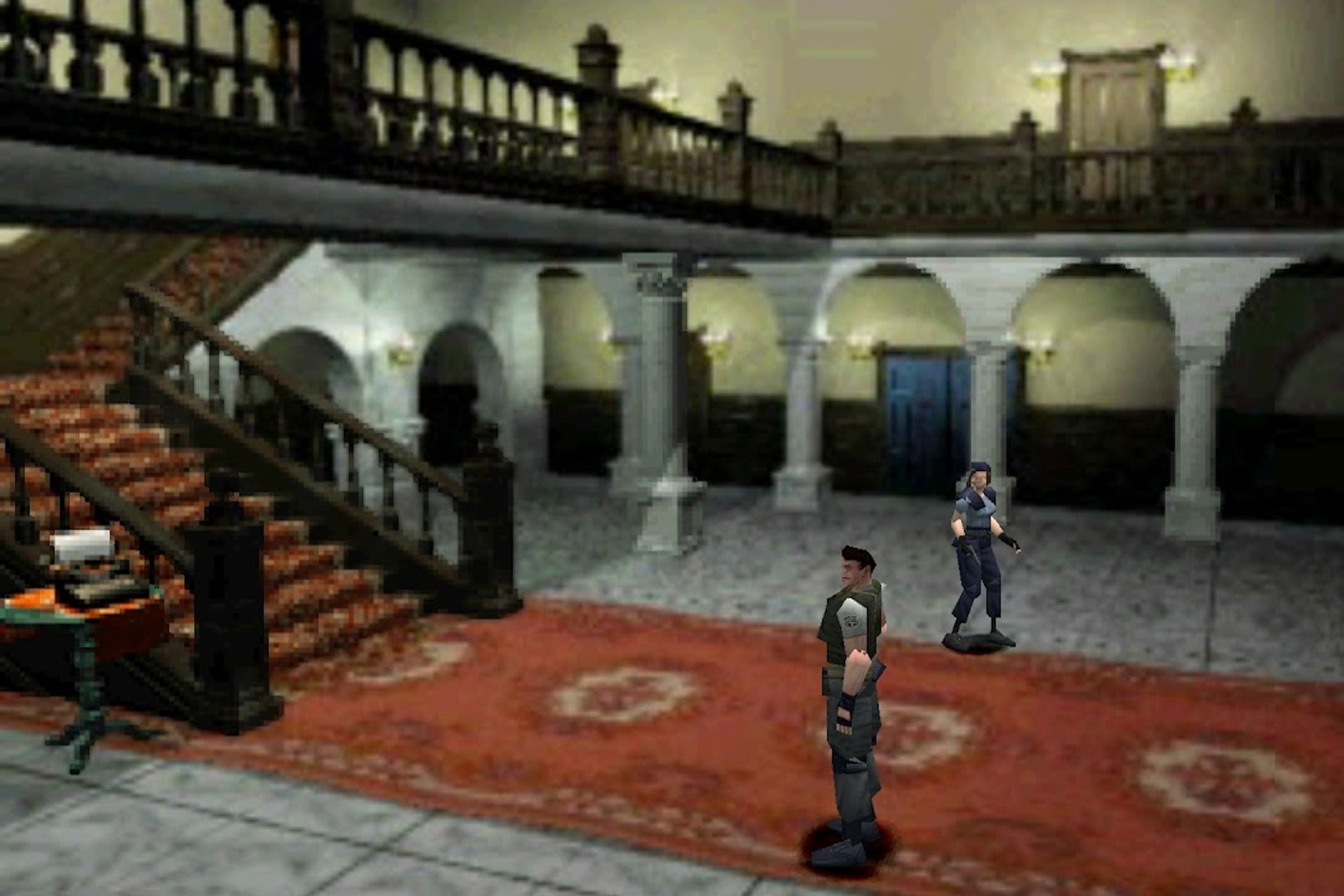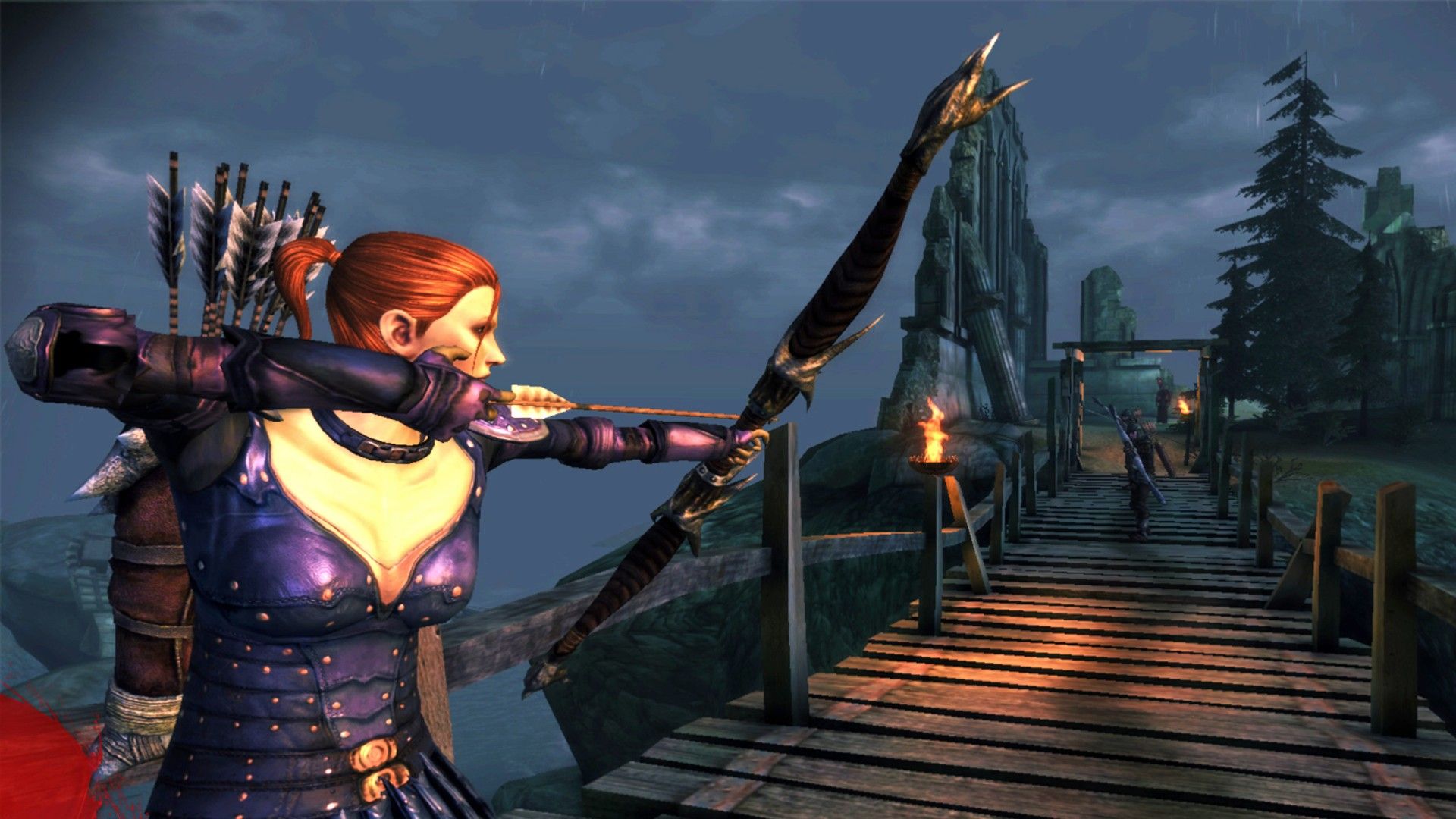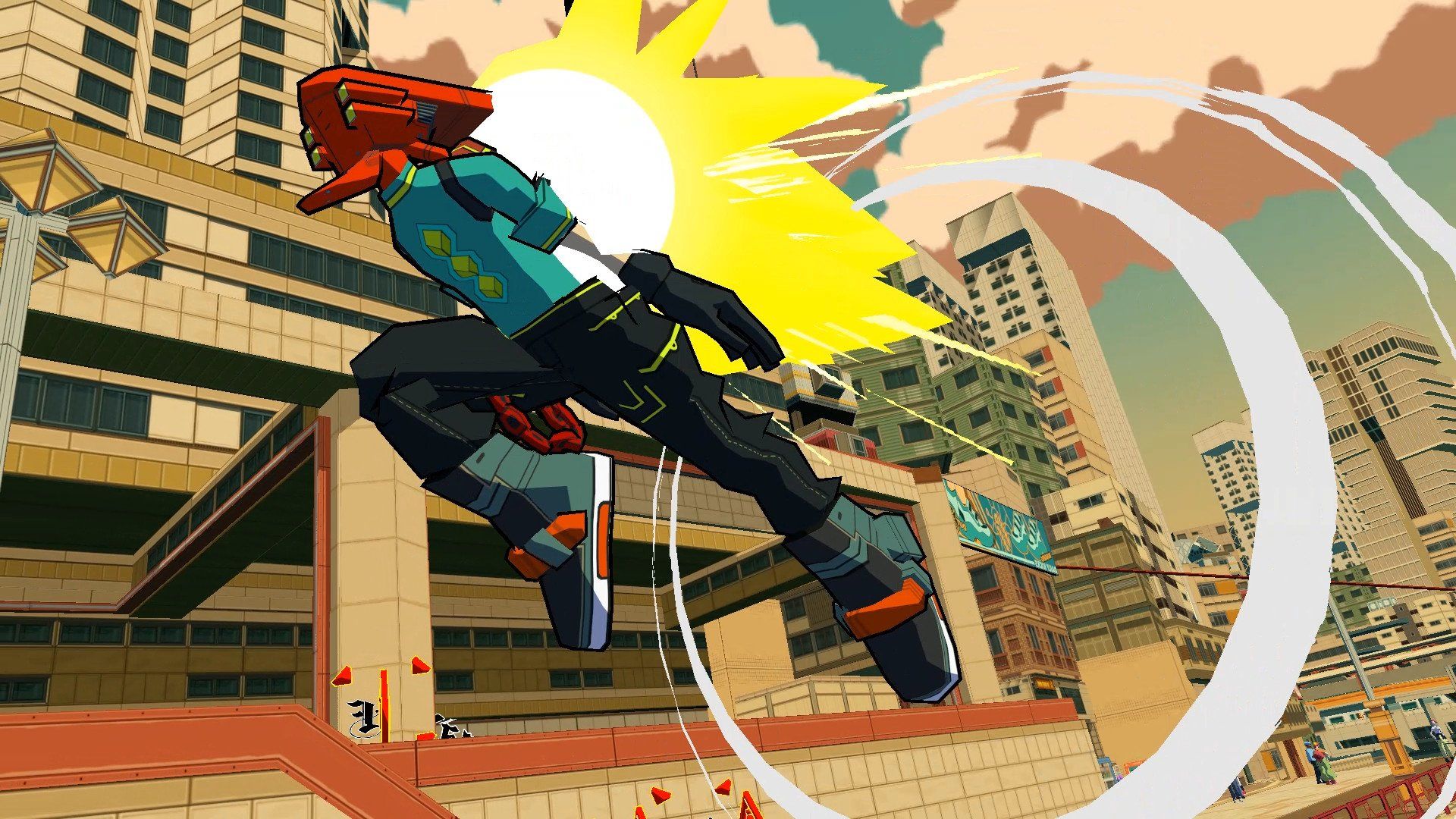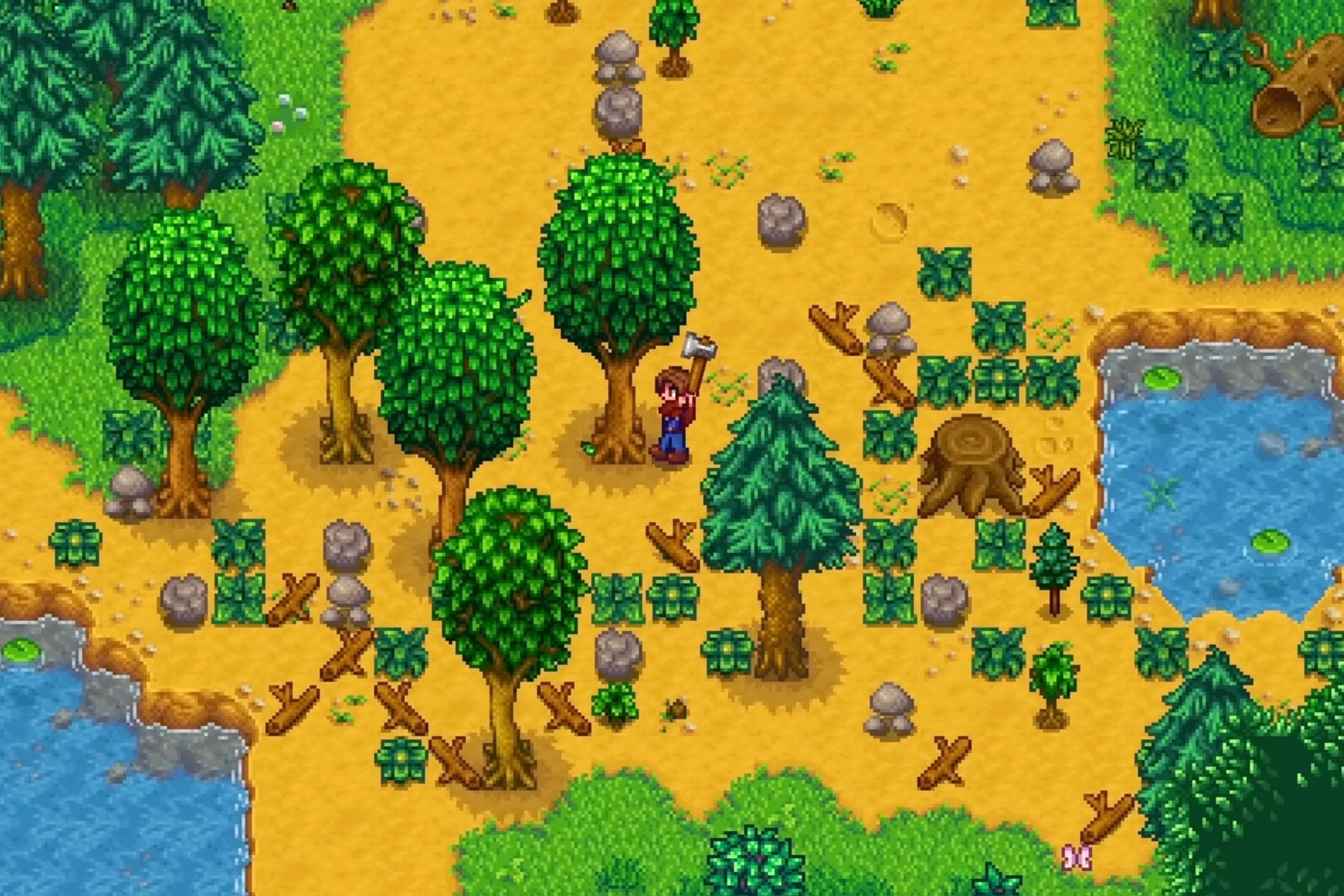Video game sequels aren’t as common as many would hope. Sure, plenty of popular series like Call of Duty and Assassin’s Creed release new installments all the time, but many other beloved games don’t seem to be coming back anytime soon.
Fortunately, sequels aren’t the only way to continue a video game franchise. Even without the support of the original creators, any series can make a resurgence through a spiritual successor.
Spiritual Successors Continue the Legacy of Other Series
A spiritual successor is an original work that takes heavy inspiration from another series, acting almost as an indirect sequel in everything but name. In the case of video games, spiritual successors refer to games that model their gameplay (and sometimes graphics) after another franchise.
A spiritual successor borrows the core concepts of another game’s identity and builds upon those ideas with its own creative additions. Spiritual successors aren’t ever identical to their inspirations, as they usually contain their own unique game mechanics and stories that set them apart. Instead, a spiritual successor attempts to emulate the “spirit” of another game while existing as a separate intellectual property (IP).
Spiritual Successors Get Around Licensing Limitations
Many of the earliest spiritual successors were meant to be legally distinct follow-ups to popular licensed games. While licensed games are infamous for their poor quality—though that’s changed in recent years—some of the best exceptions never received sequels due to licensing issues. Some of these games were caught up in legal conflicts or couldn’t continue due to the cost of licensing popular franchises. Whatever the case may be, most of these series later re-emerged through spiritual successors.
One of the earliest spiritual successors to become a major success was Capcom’s Resident Evil. The undead-infested horror game was originally intended to be a 3D remake of Sweet Home—a Famicom game based on the 1989 horror film of the same name. However, Capcom was unable to continue working on the remake after the rights to Sweet Home expired. Instead of completely abandoning the project, the studio retooled the Sweet Home remake into Resident Evil, but carried over many ideas and mechanics from its Famicom roots.
Rare’s Perfect Dark began development under similar circumstances, having started out as a direct sequel to the genre-defining GoldenEye 007. However, after Electronic Arts snatched the rights to use the 007 license, Rare transformed its canceled sequel into Perfect Dark, which improved on practically every part of GoldenEye 007 while shaping its own identity with an original sci-fi setting.
In some cases, it’s better for a developer to abandon licensed games in favor of starting a spiritual successor. Although it’s fun to step into the roles of recognizable characters and re-enact iconic stories, it also comes with quite a few limitations. Depending on the series, a video game adaptation can only tell specific stories, capture a certain tone, and push the age rating only as far as the franchise allows.
Adaptations must adhere to each of those restrictions, plus any other rules that the rights holders establish for developers to follow. Some franchises have relaxed these rules in recent years, leading to M-rated adaptions that take plenty of creative liberties with all-ages series like The Lord of the Rings and Dungeons & Dragons, but most licensed games are still forced to adhere to the strict rules of their respective series.
In contrast, spiritual successors give developers full creative freedom over all parts of the game, allowing them to take their past ideas in practically any direction. Bioware’s Dragon Age series builds upon the foundation laid out by the studio’s earlier Dungeons & Dragons games—which include the first two Baldur’s Gate games and Neverwinter Nights—without being forced to adhere to the rules and lore of the D&D setting. This allowed the Dragon Age series to explore darker themes and deeper combat mechanics than any of Bioware’s previous works.
In more recent years, these IP disputes and rights issues haven’t been limited to licensed games. Some modern games don’t receive sequels due to their developers losing the right to work on their own series. Typically, this is the result of strict publisher agreements or bizarre circumstances that leave the original IP in a state of legal limbo.
FromSoftware’s Dark Souls is easily the most famous example of a spiritual successor that emerged from a legal dispute. Before starting development on Dark Souls, FromSoftware had originally intended to work on a direct sequel to its PlayStation 3-exclusive Demon’s Souls. However, the studio’s plans to bring the sequel to other (non-PlayStation) platforms were shot down by the game’s publisher and rights-holder, Sony Computer Entertainment. Unwilling to budge on its plans for a multi-platform release, FromSoftware moved on from Demon’s Souls and instead developed Dark Souls as its spiritual successor.
Dead Franchises Can Be Revived Through Spiritual Successors
It’s bad enough when developers can’t get the rights to work on their own series, but it’s even worse when they willingly abandon a beloved franchise. Between niche hits and major franchises, countless series have gone dormant and haven’t seen any updates for years. Video game series often die off because their current owners refuse to revive the property yet still won’t sell the rights to another company. In these cases, it’s up to other developers to spark their own unofficial revival with a spiritual successor.
The majority of modern spiritual successors come from the minds of passionate fans. Even without the original creators, some of these fan efforts can outshine their inspirations. Team Reptile’s Bomb Rush Cyberfunk is a near-perfect continuation of the Jet Set Radio series—emulating the look and feel of the series’ cel-shaded skating while greatly expanding upon its gameplay—despite not involving any of the original developers. Tour De Pizza’s Pizza Tower is a similarly faithful successor to the underrated Wario Land games, combining the original’s fast and aggressive platforming with a uniquely chaotic humor and outlandish art style.
Sometimes former developers on a series will form a brand-new sequel to create their own spiritual successor. Many of these games are created with smaller development teams and lower budgets than their predecessors, but the growing popularity of indie games and crowdfunding platforms has helped many unexpected revivals become a reality.
Games like Bloodstained: Ritual of the Night, Yooka-Laylee and Eiyuden Chronicle: Hundred Heroes—spiritual successors to Castlevania, Banjo-Kazooie, and Suikoden respectively—were seen as the unofficial returns of iconic series that had been unceremoniously abandoned, with original staff members heading each of these revival projects.
Despite not featuring the same stories or characters as the original franchises, these spiritual successors carry everything else that fans love about their predecessors. Even though they’re not direct sequels, many of these games are still worthy successors to the original franchises.
Spiritual Successors Can Outshine Their Predecessors
Many spiritual successors—especially those created by indie studios—attempt to fix many of the problems found in their predecessors. The farming sim Stardew Valley was very clearly inspired by the Harvest Moon/Story of Seasons series, but also includes many features that fans had been begging to see added to the original series for years.
Stardew Valley delivered on many of these wishes with its more expansive farm upgrades, broader range of romance options, an extensive list of essential quality-of-life improvements, and countless other additions that arrived in later updates.
Not every spiritual successor is trying to push a series forward, and many of them bring us back to the early years of gaming’s longest-running franchises. Many of these games cater to fans of franchises that have dramatically shifted direction, and not necessarily for the better.
When the Resident Evil series was still recovering from the disastrous Resident Evil 6—which saw the series fully abandon its horror roots in favor of explosive action set-pieces and constant quick-time-events—The Evil Within swooped in as a true horror-focused successor to the series’ terrifying earlier entries. The game even had Resident Evil‘s lead director, Shinji Mikami, at the helm of its development. While The Evil Within wasn’t a perfect follow-up, its blend of action, horror, and stealth was received far better than the games Resident Evil was putting out at the time.
Spiritual Successors Take Familiar Ideas in Bold Directions
Spiritual successors also have the advantage of not being bound to the same expectations as a sequel. Any game that belongs to a pre-established series has to follow a specific formula and design philosophy to avoid upsetting fans. That’s not to say that sequels can’t drastically deviate from their previous entries—some series like Final Fantasy and Like a Dragon have even changed genres between installments—but that always comes with the risk of upsetting fans. However, since spiritual successors belong to different series, they have much more freedom to experiment with new ideas and reinvent franchise formulas.
Spiritual successors don’t always have to “fix” their inspirations, and many of them find creative ways to reinvent iconic games. For example, One Step From Eden is a roguelike RPG built around the unique grid-based combat of the Mega Man Battle Network games. Similarly, the Break Arts series takes the elaborate mech-building of the hack-and-slash Gundam Breaker games, and retools the premise into a highly-customizable racing game.
Some spiritual successors double as a fresh start for long-running franchises. As mentioned before, spiritual successors aren’t bound to the same limitations as sequels, but that doesn’t just apply to other creators looking to pay homage (or improve upon) their favorite games. In some cases, studios will create spiritual successors to their own IPs out of a desire to experiment with new ideas that wouldn’t fit in the original series.
It’s a rare practice for developers, especially since marketing a new franchise is much riskier than relying on brand-recognition. But on the few occasions that it has occurred, it’s led to some of the most iconic games of all time.
Ubisoft’s Assassin’s Creed entered development as a fresh re-imagining of the Prince of Persia franchise, wherein players didn’t control the titular prince, but instead took the role of his bodyguard—though it eventually evolved into a spiritual successor after being deemed too drastic of a departure from the rest of the series.
Likewise, Elden Ring continues the legacy of FromSoftware’s Soulsborne series, but expands the series’ signature formula into a sprawling open-world that’s dense with memorable bosses, hidden dungeons, and hints of its cryptic world-building. Even the Blazblue series—which started as a straightforward spiritual successor to Guilty Gear—gradually formed its own identity as a mechanically complex, story-packed fighting game franchise that still stands out from the rest of the genre.
More Spiritual Successors, Less Sequels
Sequels are equally capable of reviving old franchises or being just as experimental as their spiritual successors, but they’re rarely given the chance to break from tradition. While we expect sequels to innovate and improve upon previous entries, series that make too many changes to their core identity often end up pushing away their fans.
Furthermore, different players may hold different expectations of a series. Some players may follow a franchise for its story, while others are mainly invested in its gameplay, and any changes to either part of the series’ identity can potentially anger a large portion of its fanbase. Companies are well aware of these risks, but they often over-correct by avoiding innovation in their sequels, relying on players to be content with more of the same in every new release.
Spiritual successors are the opposite: they’re risky, unconventional, and often experimental. Even games like Bloodstained and Bomb Rush Cyberfunk, which attempt to emulate their inspirations as closely as possible, build upon their predecessors with brand-new mechanics and creative twists on familiar features. Although they wear their inspirations on their sleeves, spiritual successors are all about bringing creativity and originality to games.























Deixe um comentário